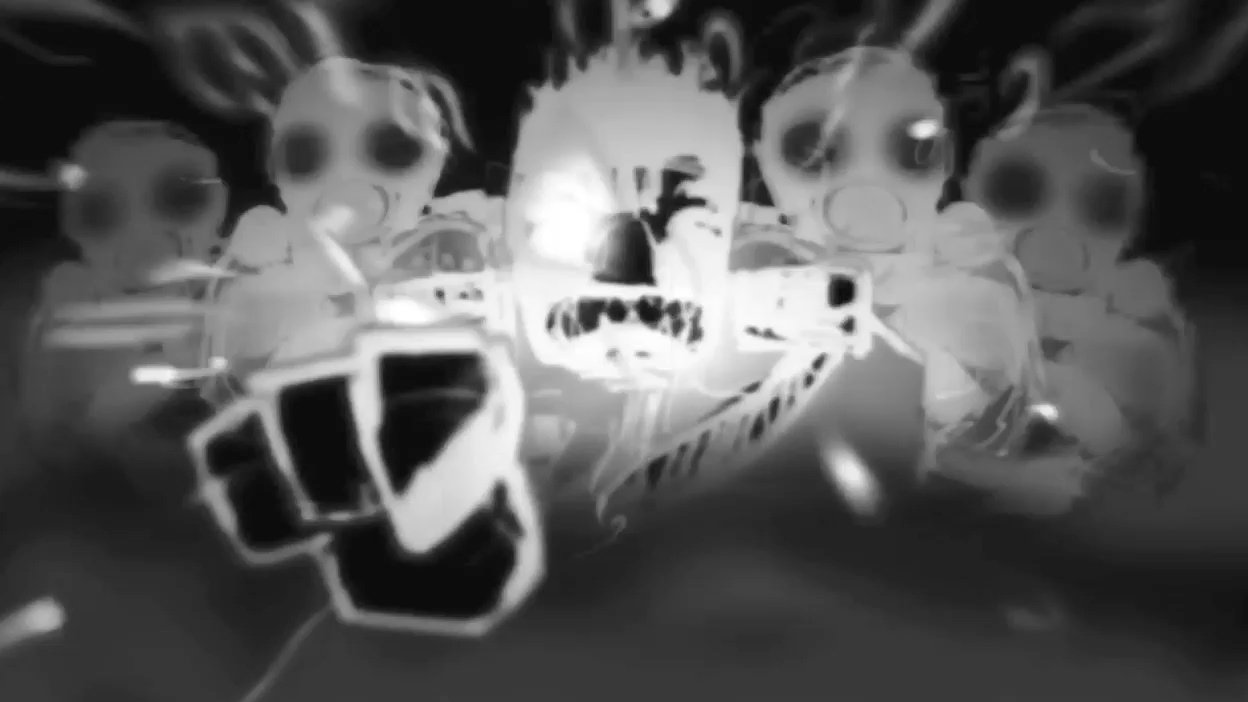When most people think of independent game development a particular sort of title comes to mind.
It’s usually something experimental, a little artsy, but always filled with the soul of its creator. There’s this image of the creator building his masterpiece no matter what sacrifice they must make to execute their vision.
If you actually go and look at the top selling titles on the Xbox Live Indie Games channel there’s definitely a disconnect between popular perception and reality. The space is flooded with an overwhelming number of cheap, gimmicky applications, few of which even qualify as games. From faux fireplaces and fish-tanks to promiscuously themed ‘massage’ applications it’s clear that the platform is not the creative playground most of us imagine.
But how did we get here? The early days of the indie game channel showed such promise; back in November 2008 when Microsoft released the first batch of indie game trials as a preview of things to come we saw some incredibly creative titles like the physics-platformer JellyCar and horticulturally themed puzzler Culture. Even the simplest of titles like Edison Prata’s 2-player puzzle game TriLinea had an unmistakable shine to it. These games were designed by developers who believed in delivering the best possible experience for their customers. It wasn’t until a few months had passed when the first ‘massage’ application showed up.
Rumble Massage got a few laughs from the gaming press and a few more sales than most anticipated. Whether people were enjoying the sex joke or legitimately using their controllers to ease muscle pain, Rumble Massage was a success. Shortly after came the copycats; Remote Masseuse, Shiatsu Massage, Massage Me and a handful of other clones. Developers saw a way to make quick money and made a choice. Once a cheaply made game gets some attention a slew of look-alikes quickly burst in from all sides to capitalize on the success.
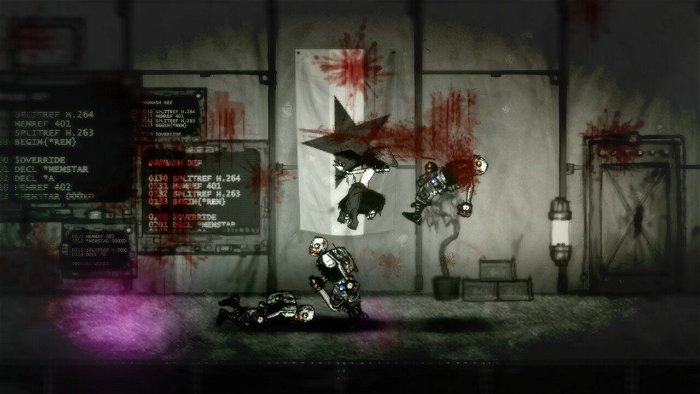
This isn’t the first time patterns like this have emerged either. Take one look at Apple’s iPhone App store you’ll see a similar trend. In fact, most open development spaces have the same sort of problem. Analyzing any number of these marketplaces it becomes quickly apparent that more and more developers aren’t interested in pursuing true creative endeavours in lieu of something easier.
James Silva, creator of the critically acclaimed XBLA title The Dishwaser: Dead Samurai and XBLIG hit I MAED A GA3M W1TH Z0MB1ES 1N IT!!!1 takes issue with this style of development; in a recent blog post (readable at ska-studios.com) he calls out these developers and questions their honor.
“To me, the idea of honor in game development is keeping the vision of creating fun games that you’re dying to play as your prime directive.” Says Silva, “Of course, if you make money, keep doing what you’re doing. But getting in to game development solely for the money seems weird and gross, like selling timeshares or convincing people that the moon is emitting dangerous radiation so you can sell them Moonwave Protectivewear™.”
James knows what he’s talking about too, his early years were far less glamorous but his vision was never sacrificed. “For about 8 years before I got the contract to put The Dishwasher: Dead Samurai on XBLA I was making games I was passionate about and making no money. When I was 18 I got Zombie Smashers X, a beat-em-up inspired by River City Ransom that I was selling as shareware for $10, in PC Gamer, and I thought I’d made it! I went on to make maybe $500 or so on the game, so quitting my job at [my grocery store’s] seafood department turned out to be an ill-advised move.”
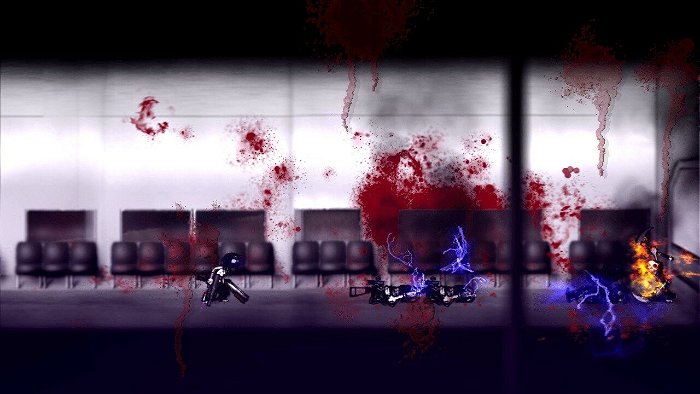
There seems to be this notion that an independent developer can’t be successful, that they must be limited to the traditional starving artist lifestyle. Seafood department or not, Silva went on to make a name for himself by creating games that he loved and made his living doing it. One success doesn’t guarantee another though. Despite proof that developers can make the game they want and still make a profit there is always insecurity in following a dream. If you want to make money it’s always easier to look at market trends and copy the latest hit. Developers choose to make gimmicky products for a large number of reasons; a lack of skill could hold a developer back, while more could just be tragically uncreative. Above all others is the desire to make a quick buck, and the gimmicks do sell.
“It’s nice that people are free to make the games they want to, but I can’t believe there’s any pride in chasing money first.”
Some of those responding to James’ original post say that it’s a means for them to make money while they work on a real project, something with artistic weight. “I just want to say that we’re definitely not compromising our dreams.”, writes a member of the JForce (makers of Avatar Showdown) “We’re actually increasing the chances of making our dreams a reality. Do you think we should go back to waiting tables instead to pay our bills and fund our future games?”
That logic isn’t good enough says Silva, “It’s nice that people are free to make the games they want to, but I can’t believe there’s any pride in chasing money first. You can also make lots of money chasing ambulances, patent trolling, or fencing blood diamonds.” He also adds, “On the other hand, trying to make good games might seem a lot harder, but when a game you’re truly proud of sells copies, it’s a reward in and of itself.”
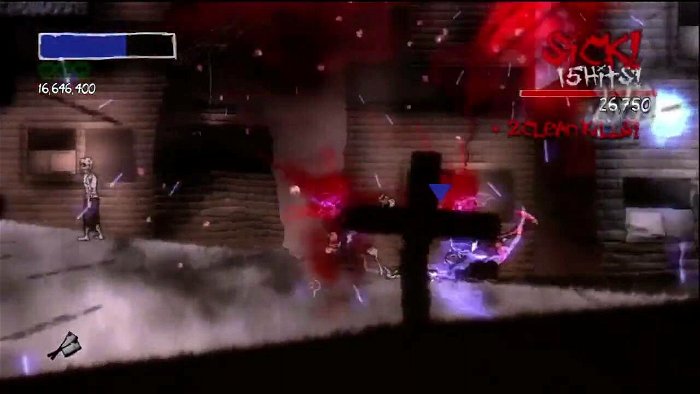
It doesn’t take much skill or talent to follow a trend or two, and when players buy gimmicky titles like Avatar Zombie Massager Extreme it’s hard to fault developers for delivering a product people will pay for. The XBLIG is ultimately a free market where everyone is given the opportunity to buy and sell what they please and as long as fart-joke apps and avatar-noun titles continue to sell developers will always have an excuse to sell out their ambition.
The problem is that with more and more developers jumping on the gimmick bandwagon the XBLIG marketplace has quickly become oversaturated, drowning out the few truly ambitious projects. Microsoft doesn’t regulate exposure beyond a few limited promotions and the approval process for deciding what goes up is largely peer defined. This means that without a systemic way of reducing the clutter it falls to developers to self-regulate to keep the marketplace clear.
“I think it’s a great system and I think it works just fine as long as peers push each other to set the bar high.” Says Silva, “I applaud their move to ban games that are ‘sexual in nature’ (like that Breakout clone where the objective was to reveal a black-bar-censored naked woman) to keep the platform from devolving into a softcore pachinko parlor; I wish they’d go the extra mile and banhammer anything flatulence-centric, but at the same time, they could just as easily keep going (it’s the slippery slope argument!) and put an end to all human-on-zombie violence, at which point I’d be out of luck. Of course, they wouldn’t do that, but you can see how adding restrictions starts to hamper the spirit of the platform.” James makes a good point, Microsoft isn’t the best entity to decide what’s best for us because there’s too much potential for abuse. The platform was originally called Xbox Community Games for a reason, it’s about the community and leaving the power with the community is ultimately very important.
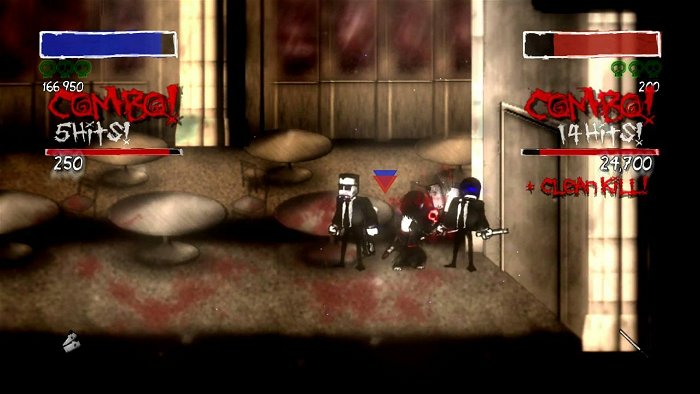
I asked Silva what the best way to fix all of this was and he simply said, “At the end of the day, the most important thing developers and gamers can do is just keep cheering on people who just want to make awesome games.” And he’s right. As long as gamers take the time to support the developers who deliver them something amazing the oversaturation problem corrects itself.
We didn’t ask Orwell to write Animal Farm, and we didn’t ask Hitchcock to make Psycho. Great creators make their works regardless of what the public desires, they bring their vision to the forefront and let the world come to them. Video games are no different. Developers need to take delivering something unique as a point of pride because as James said, there is no honor in selling out.
